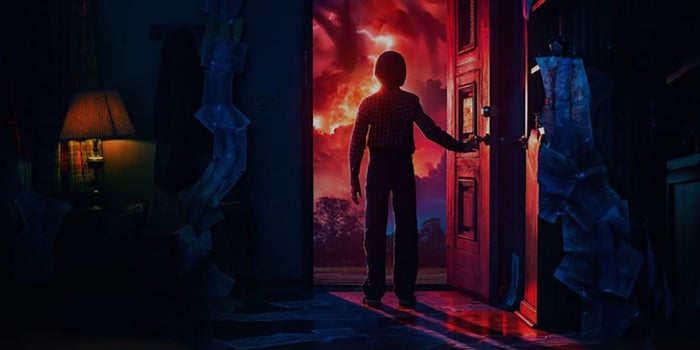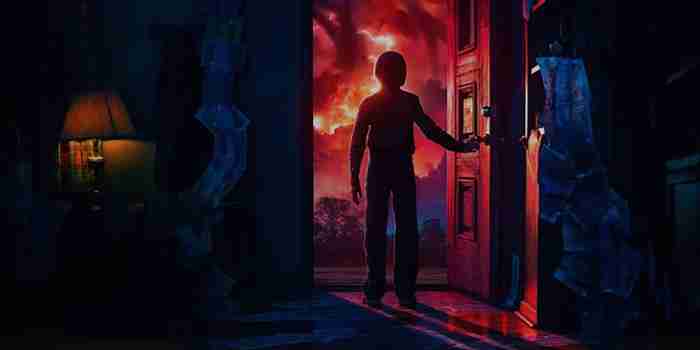Millennials are the last age cohort to remember life with CDs and without digital technology. After all, our past experiences have formed who we are present-day. So, if your company has millennial customers, you might want to consider the nostalgia factor closely.Here are some non-traditional ways to connect your company with the past: 1. It’s the reason three generations identify with the 1967 film, The Graduate, and why young adults feel nostalgic for music from their parents’ youth. By sticking to imagery from the original '90s game, Pokémon sparked a collective yearning among its millennial card collectors while invoking feelings of fauxstalgia in younger generations. On top of this, Pokémon saw that Gen Z lives on their mobile devices and has a special affinity for gaming. Pokémon Go evoked real nostalgia in millennials and a faux, but equally powerful, nostalgia in Gen Z, winning over two generations. Along with fauxstalgia, there’s another way for entrepreneurs to leverage nostalgia in their startups and brands: newstalgia, meaning constructing something to feel old, even when it’s new. This is where newstalgia comes in: So, use the past as inspiration and find ways to invoke emotion. By moving beyond traditional nostalgia marketing and getting inventive with fauxstalgia and newstalgia, you can connect with old ideas and beloved themes, regardless of your startup's industry segment.
Millennials are the last age cohort to remember life with CDs and without digital technology. No wonder they look back fondly at the past.

Opinions expressed by Entrepreneur contributors are their own.
Nostalgia is powerful: From the movies we watched as children to the music that helped us survive high school, our memories of the “good ol’ days” invoke powerful feelings of security, comfort and trust. After all, our past experiences have formed who we are present-day.
Today, nostalgia has a tight grip on millennials in particular due to the rapid technological revolution they’ve experienced in their lifetimes. They’ve seen the birth of the internet, the rise of social media and the societal influx of virtual reality and artificial intelligence.
At the same time, they’ve mourned the loss of CDs, photo books, film development and video cassettes. They’re the first age cohort to grow up with technology, and the last to remember life without it. As a result, they love to reminisce about how things used to be.
For entrepreneurs and marketers, there’s an extraordinary opportunity to tap into this powerful feeling, and there isn’t just one way in. So, if your company has millennial customers, you might want to consider the nostalgia factor closely.Here are some non-traditional ways to connect your company with the past:
1. Understand “fauxstalgia.”
Just because a your audience members didn’t live through a particular cultural movement doesn’t mean they can’t feel nostalgic for it. Enter fauxstalgia: the yearning for a time in the past, even though you may never have experienced that time directly yourself.
Craving culture from a bygone era. The craze for retro clothing at Urban Outfitters, TopShop and Madewell; the timeless soundtracks from the ’60s in modern retail stores, the love of ’70s throwback bars in college towns: All are evidence of this phenomenon. It’s the reason three generations identify with the 1967 film, The Graduate, and why young adults feel nostalgic for music from their parents’ youth. In our shared experiences and collective memories are universal feelings and timeless themes that transcend generations.
2. Link the past with the present.
Once you understand the concept of fauxstalgia, you can leverage it when building your startup or marketing your products by linking past experiences with present situations. A great example is what gaming company Niantic built with Pokémon Go. The mobile game broke five Guinness World Records and became the fastest mobile game to gross $100 million.
Related: ‘I Am Recreating the Nostalgia of a Kid Looking At Mouth Watering Candies for Vaping Adults’
While millennials who grew up…

COMMENTS